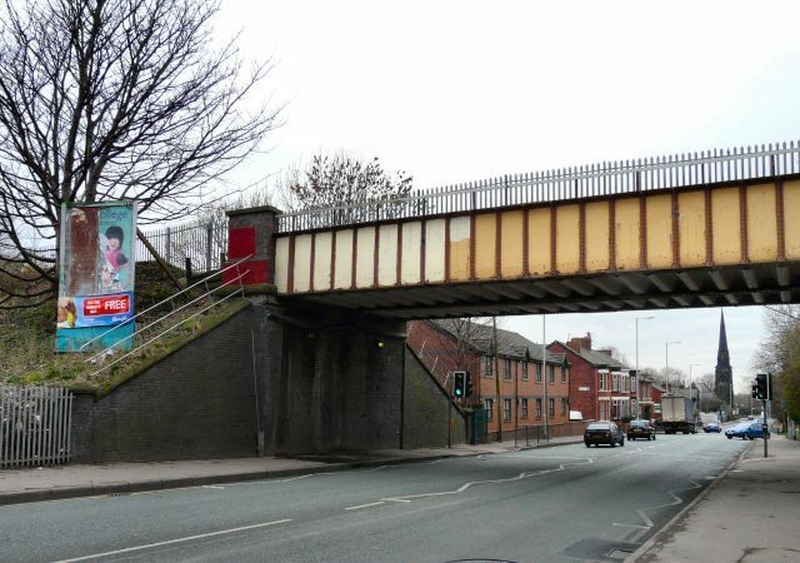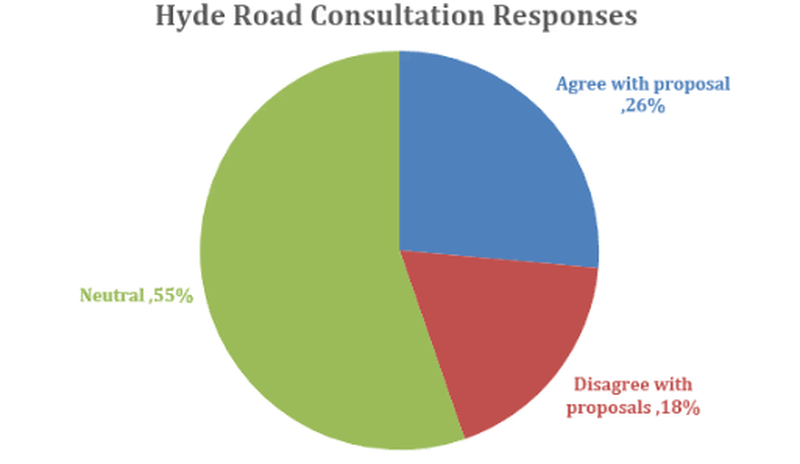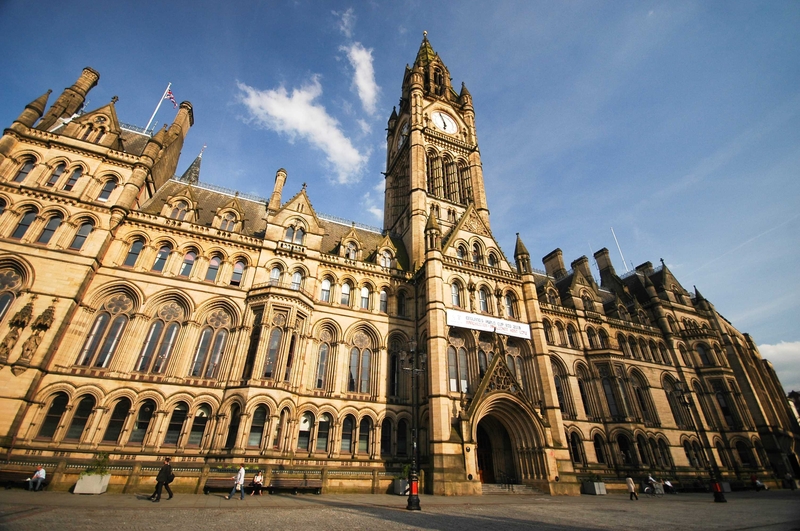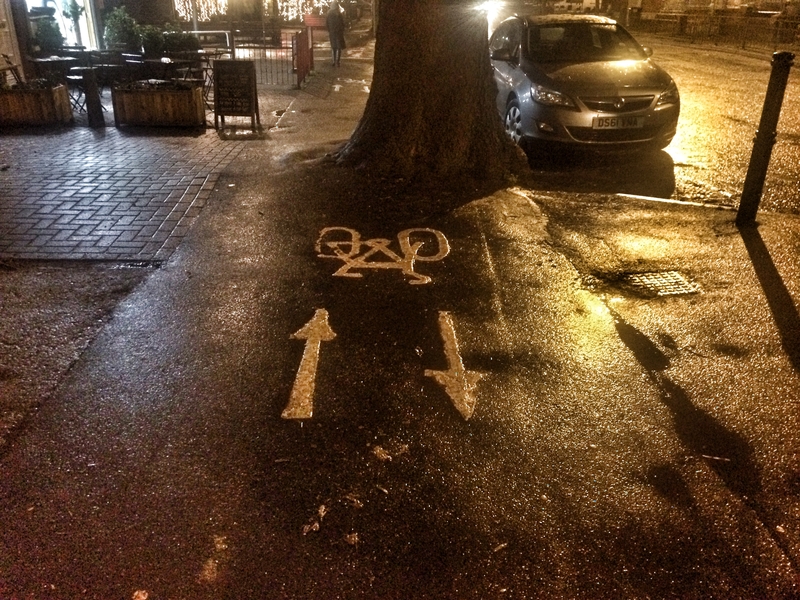Andrea Sandor is shocked to discover that comments obviously opposing a recent scheme were labelled ‘neutral’
For the past half year, I’ve been increasingly concerned by the state of public consultation in this city. Last summer, I wrote about a series of poor consultations, including the Great Ancoats Street Scheme, New Islington Green, Princess Roundabout, and the proposed city centre PSPO. Towards the end of last year, I wrote about the Council’s proposed city centre PSPO and the consultation that included leading questions and some questionable data analysis.
This has only come to light because a member of the public was determined to hold the Council to account
Now a consultation on another controversial scheme has bubbled to the surface, and this one takes the cake. Rather than 18% disagreeing with the Hyde Rd widening scheme as the Council claimed, new analysis of consultation responses by an active travel campaigner shows that actually, around 75% disagreed. The Council has acknowledged cycling-related comments that opposed the scheme - totaling 55% of all responses - were categorised as ‘neutral’, and says this is because they don’t have funding to act on these comments.
Campaign group WalkRide are calling for the Council to hold an internal review on the consultation. This is just the latest example of the Council acting in ways that undermine public trust and another reason many feel so cynical about Manchester’s current leadership.

Yet another controversial scheme
Last year, the Hyde Rd widening scheme went out to consultation and was quickly met with opposition. It followed in the footsteps of the controversial Great Ancoats Street scheme, which garnered national media attention for removing cycle lanes. At the Neighbourhood and Environment Scrutiny Committee (NESC), I listened to Cllr Angeliki Stogia, Executive for the Environment, promise “hand on heart” the Council had learned lessons from the Great Ancoats outcry.
Active travel campaigners were therefore outraged when plans for the Hyde Rd widening scheme were released a couple of months later, which doubles vehicle lanes from two to four, and does not include any cycle lanes. The scheme also removes the Fallowfield Loop bridge over Hyde Rd for up to 12 months, severing Manchester’s second busiest cycle route. Critics argue the scheme goes ‘backwards’ on commitments to sustainable transport and the climate emergency.
Nick Hubble of WalkRide told the Manchester Evening News at the time, "During meetings we have had a promise that Hyde Road wouldn't go the same way as Great Ancoats Street … The Council said they were putting walking and cycling at the heart of all transport, but they keep failing to do so.”

So did Manchester Council misrepresent the consultation results?
Considering the level of public feeling against the scheme, active travel campaigner Sam Tate was surprised when the Council published the consultation results, represented in the following pie chart.
“The pie chart didn't seem like it could have been right, given the negativity I'd seen about the scheme,” he tells me. So he decided to make a Freedom of Information Request (FOI) (see here and here) and look at the consultation results himself. “A minority of responses are truly neutral from my evaluation,” he wrote in a blog post afterwards, “The majority of comments disagreed.” He drew up his own graphic and explained, “Plotting my evaluation on a similar pie chart, we can see a completely different story to what MCC claimed.”

After reading Sam’s analysis, I went through the consultation responses myself and was gobsmacked to discover responses like these categorised as ‘neutral’:
- “I profoundly object”
- “This is a terrible plan”
- “Stop this improvement scheme”
- “You can and must do better”
- “Awful - Following a confirmation of 'Climate Emergency' and previous promises to include cycling (and walking) in new road designs, this is terrible
- “No cycle lanes and steps down to the fallowfield loop?! Are you bonkers”
- “Awful. Yet another example of Manchester council prioritising car traffic over cycling and walking”
- “No cycling facilities. D-minus. Piss-poor effort”
- “This is ridiculous. You can't just cut a cycling and walking route in half with no decent provisions for a year. Climate Emergency declaration in name only”
- “The lack of foresight in making Hyde road a cycle route into the city centre is regressive and disappointing”
- “Ludicrous that money is being spent on creating more traffic when there’s a Climate Emergency”
After coming to the same conclusion as Sam, I made further FOI’s to verify the coding of the comments and confirm that the original pie chart was based on comments and not a multiple-choice question. Satisfied something was definitely awry, I wrote to the Council and asked them to justify categorising negative comments as ‘neutral.’
The Council responds

I received the following statement from Cllr Stogia, in full:
"The Hyde Road scheme has been designed to solve a congestion bottleneck in the Gorton area, which has caused long-standing misery for residents who suffer from reduced air quality due to idling traffic right outside their homes.
"The comments which the activist chooses not to highlight are those from people who live locally and who are sick of air pollution and rat-running in their neighbourhood, and have told us they have been waiting for this scheme to be delivered for years.
"We applied to the Greater Manchester Mayor's Challenge Fund for funding to include a cycleway in this project, but unfortunately, this bid was declined. Comments criticising the lack of a cycleway were categorised as neutral, reflecting the fact that it was impossible to satisfy those who wanted the inclusion of a cycleway, because funding is not available to deliver this element. We have, however, factored into the current scheme space which could be used to link into cycling infrastructure, should funding become available.
"We recognise that not everyone was satisfied with this particular project, but we are taking it forward on behalf of residents who are tired of the bottleneck and impacted on a daily basis by the emissions and disruption it causes. Unless we plan for and manage existing traffic, we will only end up with more congestion, more emissions and a slower journey to the cleaner air that we all need to breathe.
“Hyde Road is a key route for buses, so the delays experienced at the bridge are inconveniencing public transport users, as well as motorists.
"We're listening to and agree with people who want to see more cycling and walking routes delivered across the whole of Manchester. Thanks to the GM Challenge Fund, we are already working to progress projects totalling to £80m of investment - and we have the ambition to do much more in the future."
‘Unacceptable’ treatment of consultation responses
When I shared Stogia’s response with active travel campaigners, they were shocked.
Tate says, “The council’s decision to arbitrarily classify legitimate responses that clearly oppose the scheme as ‘neutral’ simply because they referred to cycle infrastructure is unacceptable. One can only assume that this classification was deliberately suppressed, in order to produce a pie chart that falsely shows the scheme as being relatively popular.”

Removing survey responses can sometimes be justifiable, but not when it’s over half of all responses. For campaigners, these actions suggest the Council ‘pre-decided’ the outcome they wanted and manipulated the numbers to get their desired outcome – undermining the integrity of the consultation process itself. WalkRide are therefore calling for the Council to voluntarily undertake an internal review of the consultation.
A spokesperson for WalkRide says, “We are very concerned at the way the consultation responses have been categorised and would like the council to voluntarily refer for this for internal review. The upshot of their approach is that the council pre-decided the scheme was only for road users, so rejected any complaints that asked for it to consider the needs of other users, such as cyclists. Using this theory, if vehicle drivers objected to a cycle scheme their comments would be rejected as the scheme is not for them.”
Blog post on Hyde Road is up now. Includes lots of juicy FOI info, and a timeline over the months.
Let me know if I've missed anything out.https://t.co/pU9UJafl4Z@_Jimc @SavageHoutkop @Owler_Nook @pootlers @ShowMeASignBryn @Lets_getcycling
— b i c y c l e s (@MCRCycleSam) January 6, 2020
Have consultations become meaningless?
Public consultations are supposed to be about getting public views. If Manchester Council feels it can neutralise any voices it wants, on whatever grounds – and get away with it – then the whole principle of consultation becomes meaningless.
Let’s take a hypothetical example of a development framework consultation. On Stogia’s rationale, if the Council decides it is not financially viable for the developer to include any social or affordable housing, the Council would be justified in neutralising all critical public responses that felt the scheme should include affordable housing. The consultation process is pointless if there’s no way to express dissent and for it to be counted.
Stogia’s argument that the Council doesn’t have funding for cycle lanes doesn’t excuse neutralising critical public responses. The Council cannot reserve the right to disqualify views of whole sections of the public. (A separate point Tate has made in his blog post is the funding bid was poorly conceived and riddled with typos, meaning it’s no surprise it was rejected.)
This has only come to light because a member of the public was determined to hold the Council to account – something the Council is clearly not doing themselves. It’s very hard to avoid the impression this is a Council avoiding public scrutiny and accountability. Having been caught in the act of silencing voices this time, we can only wonder what other voices in other consultations have been silenced – and how we can ever trust the consultation process again.
Follow Andrea on Twitter
















